首頁 » Courses » College of Science » Department of Psychology
Clinical Psychological Assessment Practicum
- Instructors: HUNG, FU-CHIEN, LIANG, CHI-WEN
- Service Recipients: Community Members
- Course Description: Students apply clinical psychology expertise to provide real-world case services. Through this engagement, community members gain insights and reevaluate the psychological challenges they face, receiving practical advice and support.

Assessment and Treatment of Sleep Disturbances
- Instructor: JAN YA-WEN
- Service Recipients: Community members experiencing insomnia
- Course Description: Community members are recruited online for initial telephone interviews and assessments. Under the guidance of the instructor and teaching assistants, students draft assessment reports and discuss treatment strategies. Qualified participants are offered group psychological therapy, allowing students to gain hands-on experience and enhance their practical skills in therapy and evaluation through collaborative treatment and observation.


